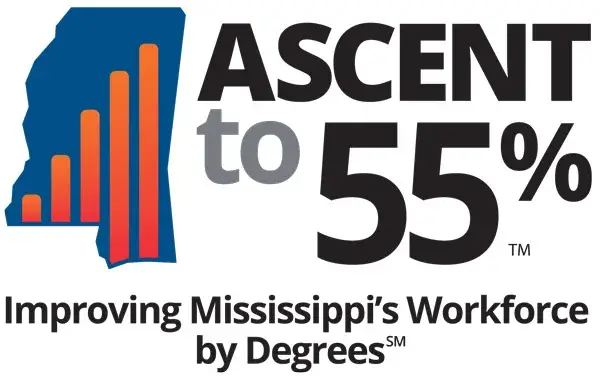workplace documents
What the WorkKeys Workplace documents Test Measures
There are five levels of difficulty. Level 3 is the least complex, and Level 7 is the most complex. The levels build on each other, each incorporating the skills assessed at the previous levels. For example, at Level 5, individuals need the skills from Levels 3, 4, and 5.
Level
Characteristics of Items
Skills
3
- Reading materials include basic company policies, procedures, and announcements
- Reading materials are short and simple, with no extra information
- Reading materials tell readers what they should do
- All needed information is stated clearly and directly
- Items focus on the main points of the passages
- Wording of the questions and answers is similar or identical to the wording used in the reading materials
- Identify main ideas and clearly stated details
- Choose the correct meaning of a word that is clearly defined in the reading
- Choose the correct meaning of common, everyday workplace words
- Choose when to perform each step in a short series of steps
- Apply instructions to a situation that is the same as the one in the reading materials
4
- Reading materials include company policies, procedures, and notices
- Reading materials are straightforward but have longer sentences and contain a number of details
- Reading materials use common words but do have some harder words, too
- Reading materials describe procedures that include several steps
- When following the procedures, individuals must think about changing conditions that affect what they should do
- Questions and answers are often paraphrased from the passage
- Identify important details that may not be clearly stated
- Use the reading material to figure out the meaning of words that are not defined
- Apply instructions with several steps to a situation that is the same as the situation in the reading materials
- Choose what to do when changing conditions call for a different action (follow directions that include “if-then” statements)
5
- Policies, procedures, and announcements include all of the information needed to finish a task
- Information is stated clearly and directly, but the materials have many details
- Materials also include jargon, technical terms, acronyms, or words that have several meanings
- Application of information given in the passage to a situation that is not specifically described in the passage
- There are several considerations to be taken into account in order to choose the correct actions
- Figure out the correct meaning of a word based on how the word is used
- Identify the correct meaning of an acronym that is defined in the document
- Identify the paraphrased definition of a technical term or jargon that is defined in the document
- Apply technical terms and jargon and relate them to stated situations
- Apply straightforward instructions to a new situation that is similar to the one described in the material
- Apply complex instructions that include conditionals to situations described in the materials
6
- Reading materials include elaborate procedures, complicated information, and legal regulations found in all kinds of workplace documents
- Complicated sentences with difficult words, jargon, and technical terms
- Most of the information needed to answer the items is not clearly stated
- Identify implied details
- Use technical terms and jargon in new situations
- Figure out the less common meaning of a word based on the context
- Apply complicated instructions to new situations
- Figure out the principles behind policies, rules, and procedures
- Apply general principles from the materials to similar and new situations
- Explain the rationale behind a procedure, policy, or communication
7
- Very complex reading materials
- Information includes a lot of details
- Complicated concepts
- Difficult vocabulary
- Unusual jargon and technical terms are used but not defined
- Writing often lacks clarity and direction
- Readers must draw conclusions from some parts of the reading and apply them to other parts
- Figure out the definitions of difficult, uncommon words based on how they are used
- Figure out the meaning of jargon or technical terms based on how they are used
- Figure out the general principles behind policies and apply them to situations that are quite different from any described in the materials
Helpful Resources
Here are some helpful links:
Workplace Documents Study Guide
More Coming Soon! Try the Practice Quiz below to get started.
Who is eligible for FREE testing?
All Recruitment Sustainment Program (RSP) soldiers, Reserve Officers' Training Corps (ROTC) candidates, all currently serving Army National Guard and all currently serving Airmen are eligible for FREE testing.
Need More Information?
in partnership with,
Preparing for Success, LLC.




